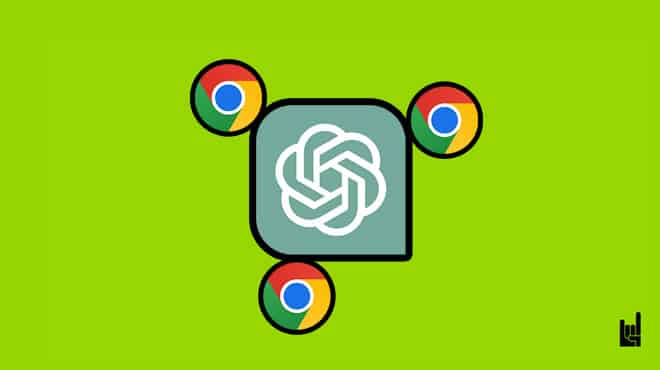Google’s “helpful content algorithm” is designed to prioritize content that is created primarily to assist and inform users, rather than content crafted solely to perform well in search engine rankings.
Introduced in August 2022, prior to the surge in AI-generated content, Google’s “helpful content algorithm” aims to improve search result quality by prioritizing content created for users over material designed primarily for search engine optimization (SEO). This approach addresses concerns about potential penalties for AI-generated content, emphasizing that the use of AI in content creation is acceptable as long as the final product is valuable and relevant to the intended audience.
Google’s “helpful content algorithm” is designed to prioritize content that is genuinely useful and informative to users, rather than material created solely to perform well in search engine rankings. This means that if your content is crafted with the primary goal of assisting and engaging your audience, it is likely to be favored by this algorithm, potentially improving your search rankings. Conversely, content produced primarily for search engine optimization (SEO) purposes, without genuine value to users, may be devalued, which could negatively impact rankings as per Google Developers
It’s important to note that the algorithm does not penalize the use of AI in content creation per se. As long as the final deliverable is useful and relevant to the intended audience, the method of content production—whether AI-generated or not—should not adversely affect your rankings.
The guidelines for helpful content are separated in two (2) categories:
Category 1: Content and quality
* Does the content provide original information, reporting, research, or analysis?
* Does the content provide a substantial, complete, or comprehensive topic description?
* Does the content provide insightful analysis or interesting information that is beyond the obvious?
* If the content draws on other sources, does it avoid copying or rewriting those sources and provide substantial additional value and originality instead?
* Does the main heading or page title provide a descriptive, helpful content summary?
* Does the main heading or page title avoid exaggerating or being shocking in nature?
* Is this the sort of page you’d want to bookmark, share with a friend, or recommend?
* Would you expect to see this content in or referenced by a printed magazine, encyclopedia, or book?
* Does the content provide substantial value when compared to other pages in search results?
* Does the content have any spelling or stylistic issues?
* Is the content produced well, or does it appear sloppy or hastily produced?
* Is the content mass-produced by or outsourced to a large number of creators or spread across a large network of sites so that individual pages or sites don’t get as much attention or care?
Category 2: Expertise
* Does the content present information in a way that makes you want to trust it, such as clear sourcing, evidence of the expertise involved, background about the author or the site that publishes it, such as through links to an author page or a site’s About page?
* If someone researched the site producing the content, would they come away with an impression that it is well-trusted or widely-recognized as an authority on its topic?
* Is this content written or reviewed by an expert or enthusiast who demonstrably knows the topic well?
* Does the content have any easily verified factual errors?
Google’s “helpful content algorithm,” introduced in August 2022, evaluates all content on your website, regardless of when it was published. This means that content created before this date is subject to the same assessment criteria as newer material. If your existing content is user-focused, informative, and provides genuine value, it should continue to perform well in search rankings. However, content that was primarily crafted to manipulate search engine rankings without offering substantial value to users may experience a decline in visibility.
To ensure your older content aligns with the current algorithm, consider conducting a comprehensive content audit. This process involves reviewing and updating existing material to meet Google’s emphasis on helpfulness and user intent. By refining your content to be more user-centric, you can maintain or even improve your search performance under the updated algorithm.


